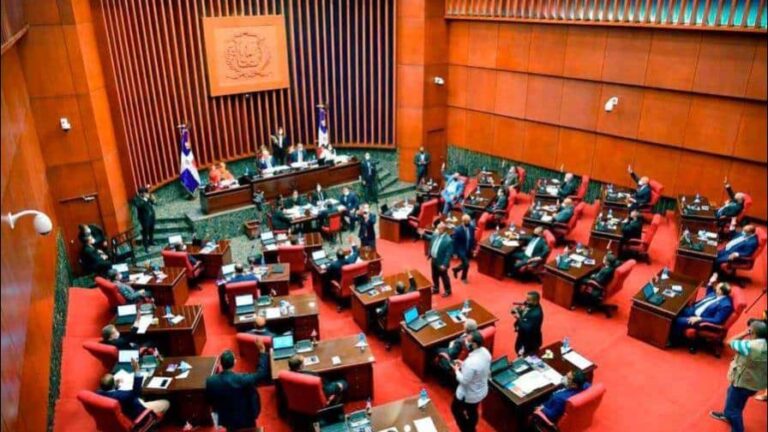
- Limitations and benefits of Public Trust in State Administration
There are several alternatives for managing works, projects, or services of collective interest, one of them being the public trust, whose regulatory framework is already a reality. The logic behind the public trust is that the State, for a lawful and public interest purpose, contributes certain assets or rights as a settlor to an autonomous patrimony called the entrusted patrimony, so that a fiduciary company can administer it on behalf of a fiduciary or public beneficiary, which ends up being the State itself, and consequently seeks to achieve a collective interest objective.
Thus, under the modality provided by Law No. 28-23 on Public Trust (hereinafter “the Law”) regarding the subjects that make up the public trust, there are several elements that must be clarified. The Law stipulates that only public entities that are part of the Executive Power can be settlors (arts. 2.2, 5). Additionally, it is established that adherent settlors may exist, but these, as with the original public, must be a public entity of the Executive Power or, failing that, a company with completely public capital that will become part of the public trust subject to approval of the original settlor (arts. 4.5 and 6, paragraph II).
Regarding the fiduciaries or beneficiaries, a differentiation is made between these subjects in the sense that the former is a sort of final recipient of the assets or rights of the trust and the latter may receive the benefits of fiduciary management without necessarily being the final recipient. In any case, public entities would be the only ones that could hold this status according to the Law (art. 4.6).
In contrast, the trustee is configured in a way that, in our opinion, violates the principles of equal treatment and free competition contemplated in articles 221 and 50.1 of the Dominican Constitution, because it is intended that only legal entities “controlled by a public capital entity, or belonging to the public administration” can act as trustees (art. 4.7).
In our opinion, it makes no sense for the Law to limit participation within the public trust solely to entities that are part of the Public Administration itself, whether as original settlors, adherent settlors, or even trustees. However, the ‘beneficial’ side of this is that the argument about whether this figure, rather than a legal vehicle aimed at achieving a social interest objective, is a tool that exacerbates the “risks” of privatization of State assets, is destroyed, since, according to the Law, all the subjects that make up the public trust, in one way or another, are public entities.
Hand in hand with the above, although it has been contemplated that every public trust must be subject to the public procurement regime established in Law No. 340-06, its amendments, and regulatory provisions, for “(…) processes for the selection of suppliers, the awarding of contracts related to the execution of works, the provision of services, the acquisition of goods charged to the entrusted patrimony (…)”, among other actions of the trust (art. 14), the assumption of these same public procurement processes for the selection of the legal entity to act as trustee has been completely disregarded.
On the other hand, one of the positive and most noteworthy elements is the establishment that, regardless of the form of organization and public interest object for which a public trust is constituted, the supervision regime competence of the Chamber of Accounts and the General Comptroller of the Republic is applicable to it (art. 9.2) and, likewise, that public trusts will be subject to the regime of supervision, control, and transparency of public law due to the involvement of the State and public funds in their creation and management (art. 9.3).
This means that the State does not escape its obligation to act in accordance with the principle of transparency under the argument that the assets contributed to the trust become an autonomous patrimony, since regardless of this fact, in accordance with Law No. 10-04 on the Chamber of Accounts, in paragraph I of its article 3, “public resources do not lose their nature regardless of who administers them.”
With this in mind, it remains the duty of the public administration to consider that its ultimate goal is to satisfy the needs of the citizenry through the legal instrument that allows it to do so more efficiently and, with that, to ensure the use of the public trust as long as it stands out as the best tool to satisfy public purposes, without resorting to indiscriminate use of this legal figure.
In our opinion, it makes no sense for the Law to limit participation within the public trust solely to entities that are part of the Public Administration itself, whether as original settlors, adherent settlors, or even trustees.
*Source: Edward Tavárez, DMK Lawyers.
Source:


